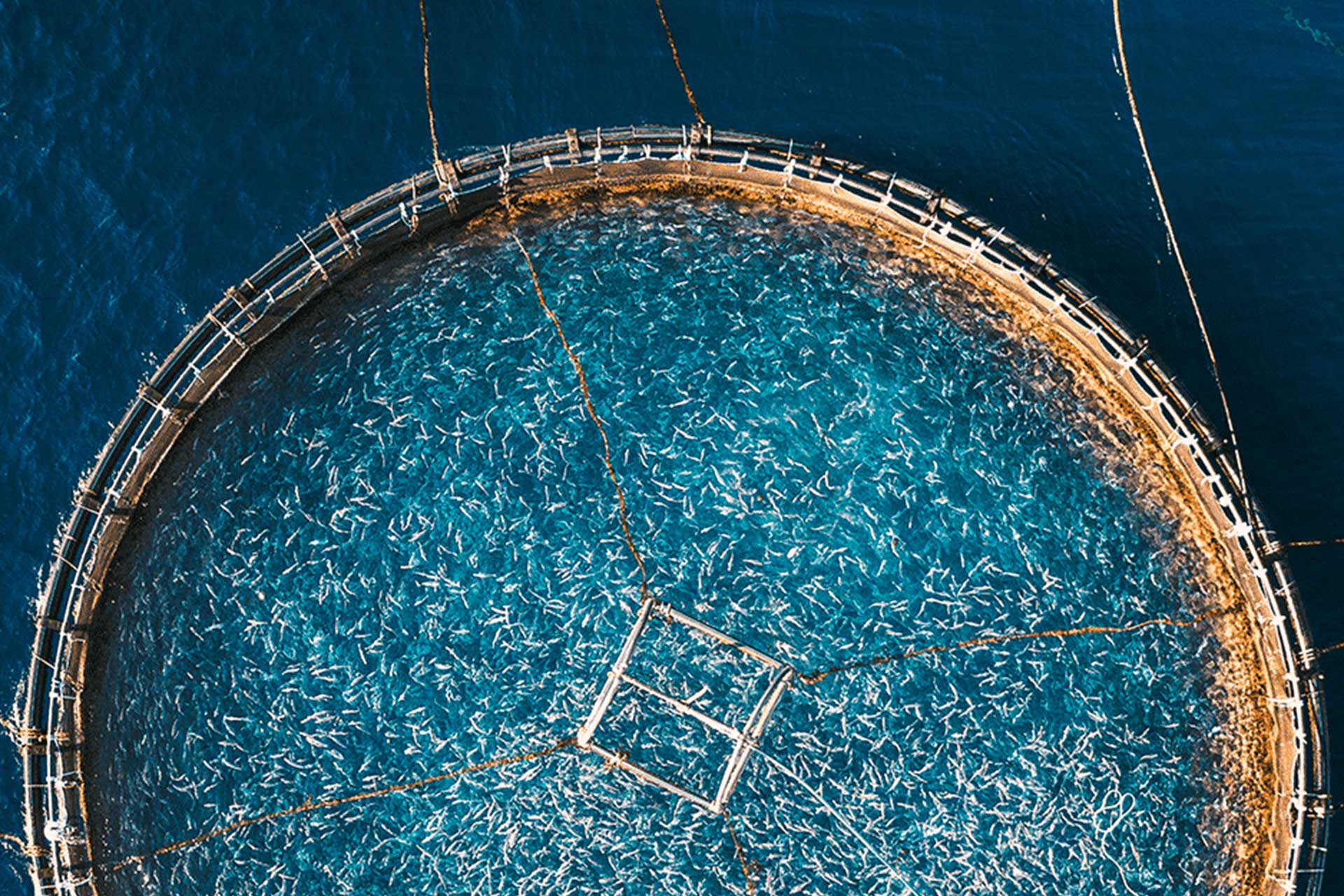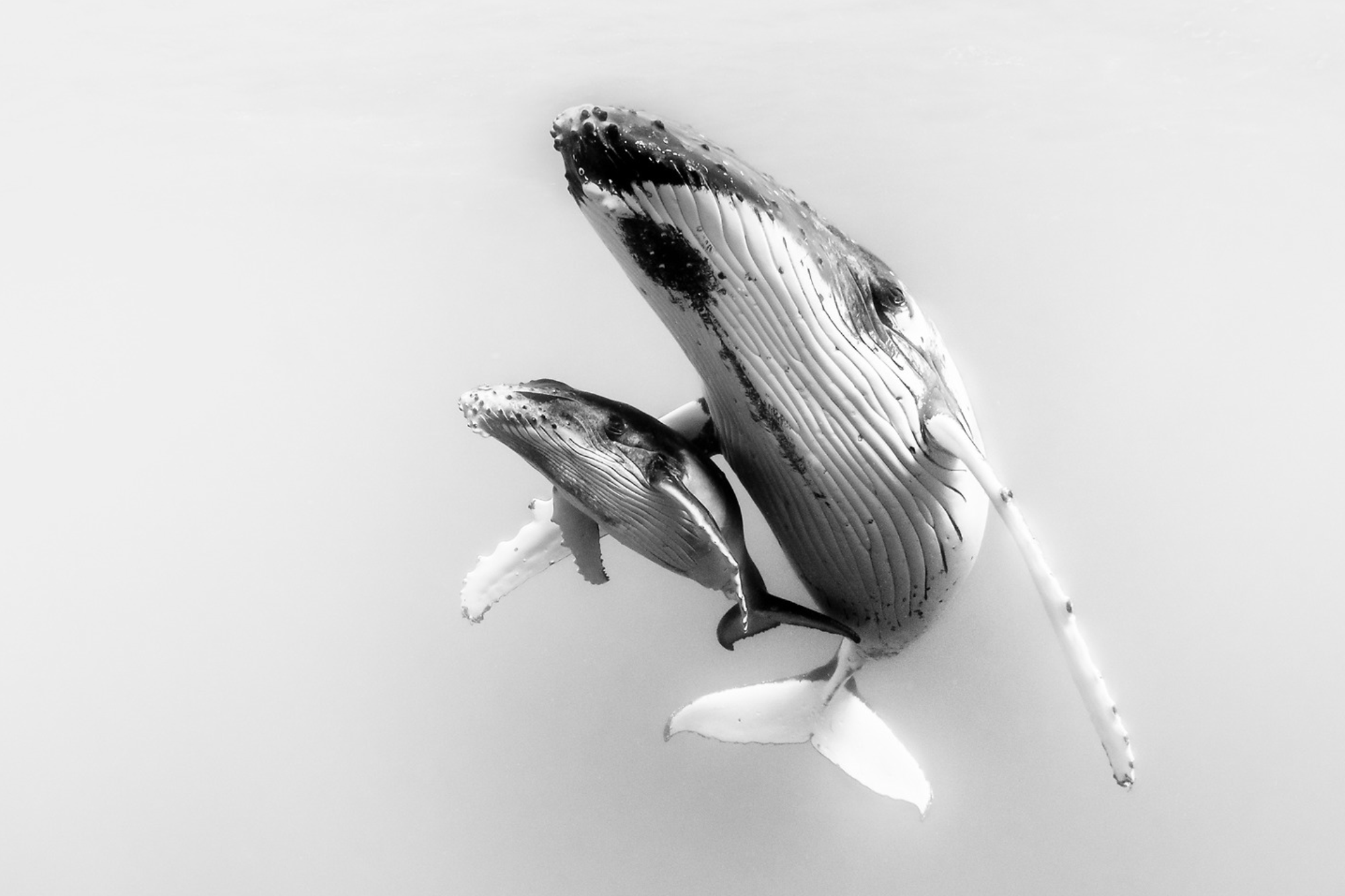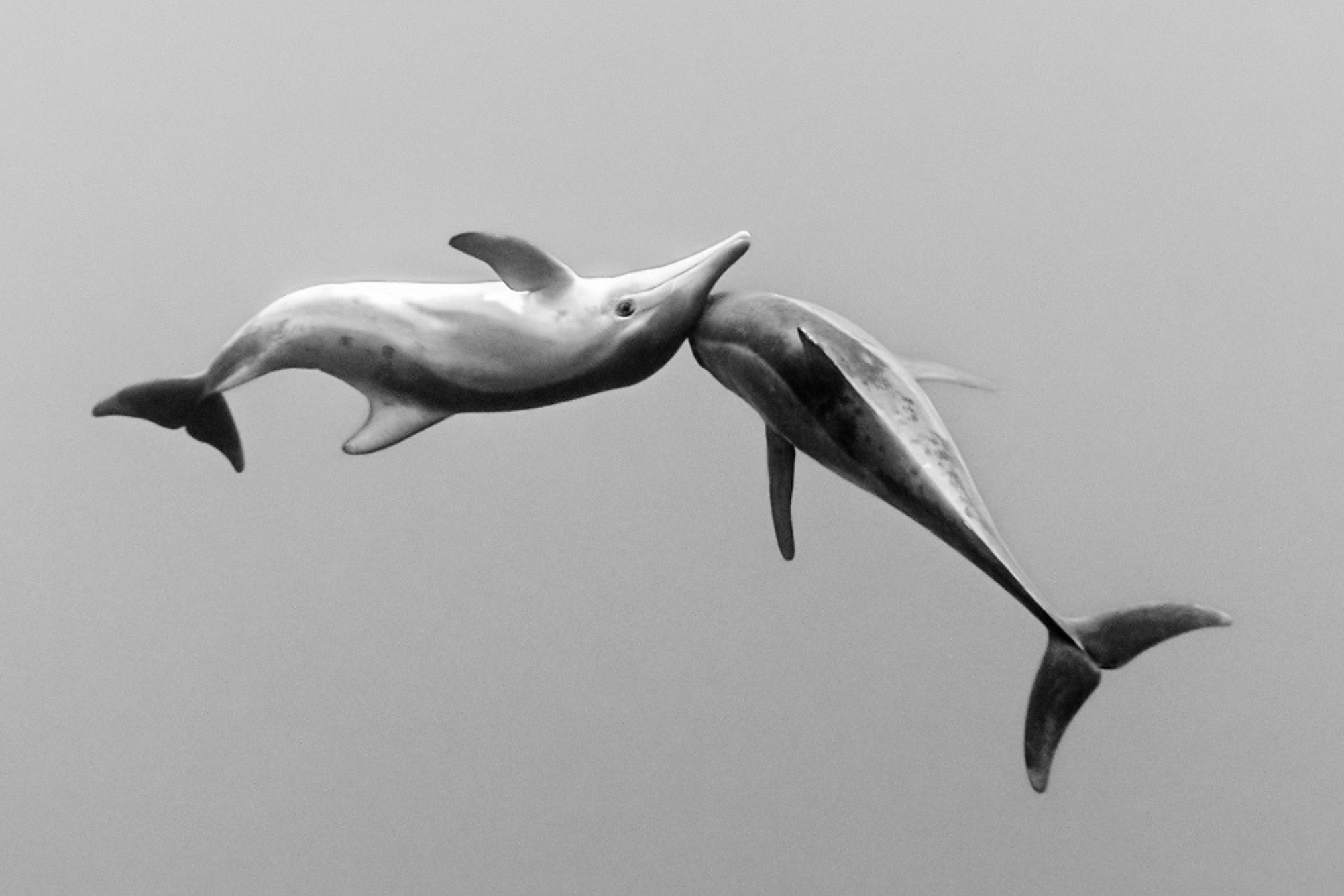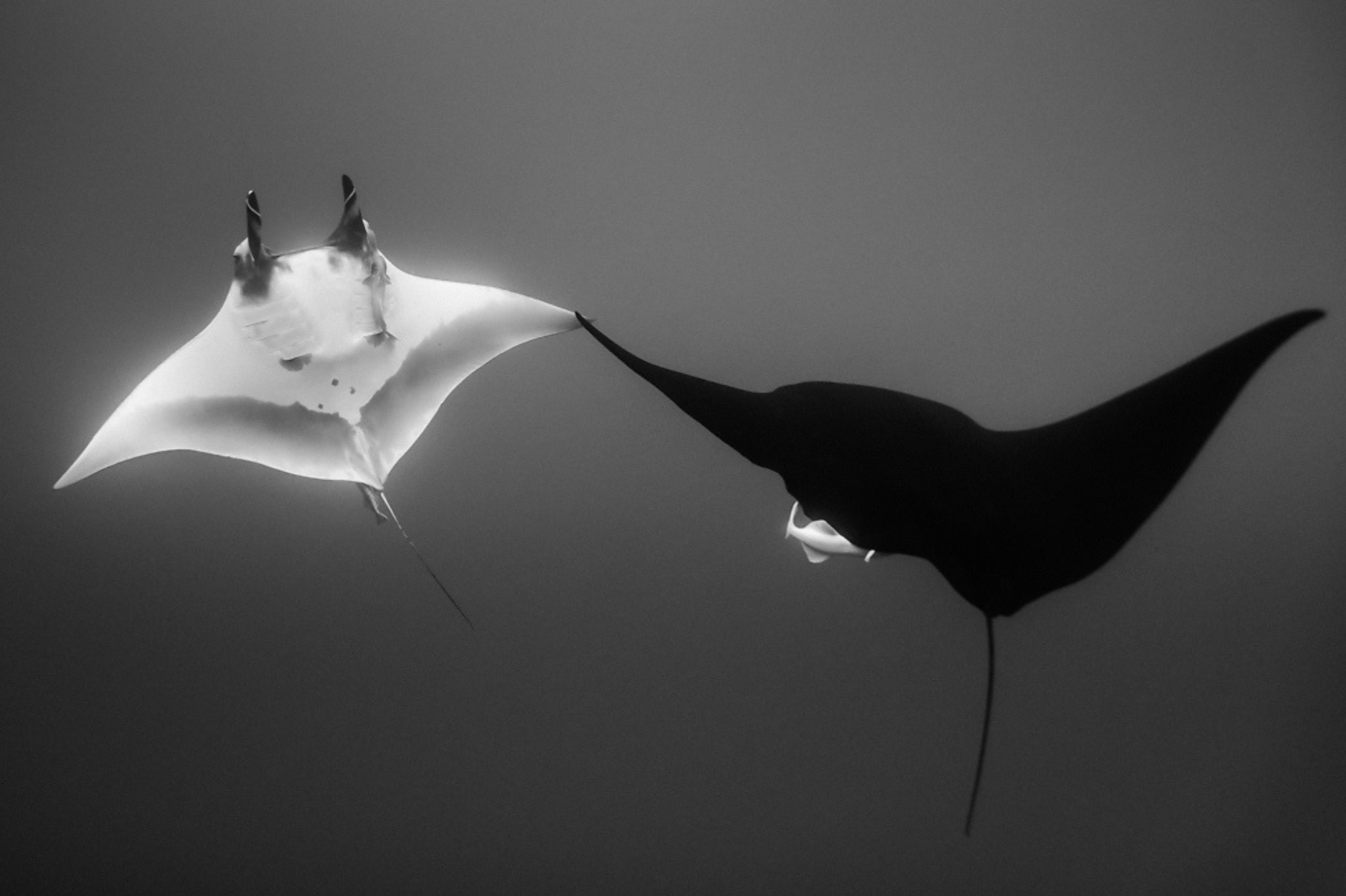the intimate sea
After watching Seaspiracy on Netflix, I was quite disturbed with all the harsh truths that float in front of our eyes, but that are masked by corporations that solely have their eyes on their wallets. After seeing this, I felt the need to get a more intimate understanding of our ocean and the issues she’s facing.
I talked with Christian Vizl, an Earth Family friend, who has been exploring these waters for over thirty years.
![]()
I talked with Christian Vizl, an Earth Family friend, who has been exploring these waters for over thirty years.

Seaspiracy is a documentary that very neatly charts all the consequences of overfishing. The atrocious way in which these creatures are killed. And the corruption of large NGOs are also discussed. Trailer ︎︎︎
Changing the question changes the answer
Christian became an underwater photographer because of his deep love for the ocean. However, not long after he started, the inevitable confrontation surfaced. He came eye to eye with the pain and the many problems our ocean is experiencing. Born in México City he has been an award winning photographer for over three decades. His images have been published in National Geographic and Ocean Geographic.
All over the world Christian saw the same problems in the ocean, all related to pollution and overfishing, all related to mankind. Because all of nature is connected, traces are found everywhere, even in the most remote places on Earth.
According to Christian, overfishing is a consequence of overconsumption.
“it is necessary to talk not only about overfishing but also about overconsumption. Both the supplier and the consumer form the problem. If there is no demand, there is no fishing.
I personally stopped eating fish after my intimate experiences with them as beautiful sentient beings capable of feeling.”
This problem obviously stretches far outside the ocean as well, we need to become more aware and conscious of every step we take, and therefore what we consume.
Our health lays in the hands of our Ocean
Many people think that the oxygen they breathe is released only by trees. But to my own surprise, only 30 percent of the oxygen produced derives from the land. So that means 70 percent is emitted from the ocean.
“Our lives depend on the health of our ocean. The ocean controls the weather, it regulates the temperature of earth, it governs the chemistry of our planet, it returns the water to lakes and rivers… And it provides every other breath we take.”
Mankind is known for always trying to catch the biggest opportunity, the biggest fish. Which in the animal kingdom we would call the Alpha predators. This has disrupted the natural flow of the food chain dramatically since it is the smaller fish who eat the phytoplankton (the oxygen producers). As a result, the amount of phytoplankton in the ocean has decreased enormously. Ocean researchers say the global population of phytoplankton has fallen about 40 percent since 1950. That translates to an annual drop of about 1 percent of the average plankton population.
A disruption in the food chain usually also implies that many animals and plants may become endangered or even extinct




Fish are not merely alive, they have lives
You often hear ‘fish do not have emotions, they do not feel pain’. I asked Christian how he feels about such statements.
“Fish definitely feel pain, they have family lives, they create bonds and intelligence, they have everything we have in so many ways. A school of fish swim/group together, so close, but don’t bump into each other, they have a lot of nerves all over their bodies. They are able to feel the slightest change in the water and that’s why fish can swim in groups so efficiently. To say that they don’t feel pain would be quite naive. There is also enough research now to endorse this.”
When I spoke to Christian about the emotions of fish, he shared a very intriguing and sweet story.
“One time when I visited Belize, an Island in the Caribbean, I met a local diver. The diver asked me to join him so I could meet his friend. That friend was a fish. The diver immediately started petting the fish but when I tried to touch the fish, it was shy. The diver communicated with his friend that I was to be trusted. I was now able to interact with and to pet the fish as well. I tried approaching other fish of the same species, but it was not possible to create the connection.“
This little story shows us that every fish has a different personality, just like you and I. And this means that a group of fish is not just a random mass of organisms. Every individual fish has feelings, is able to experience pleasure and joy, and has an identity of its own.
